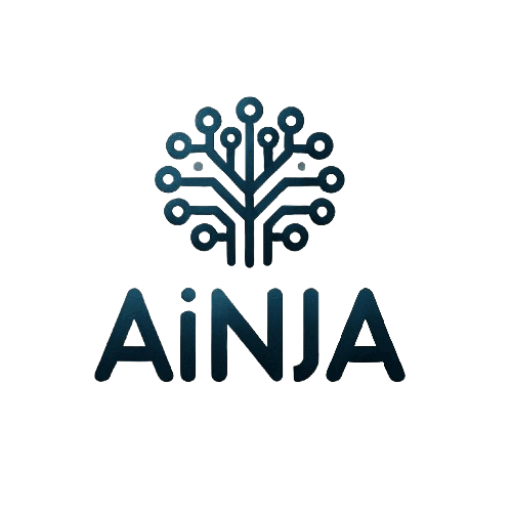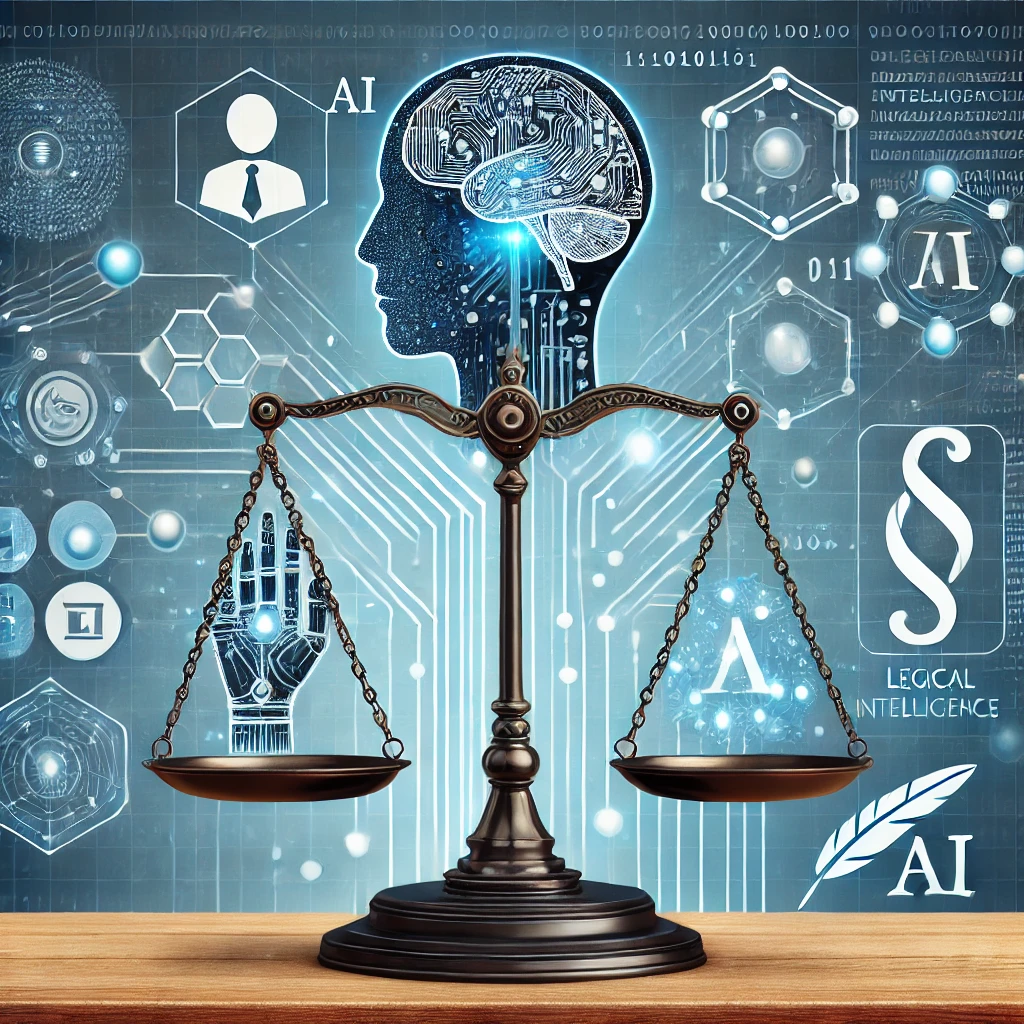Landmark AI Copyright Ruling: Judge Reverses Course in Thomson Reuters v. ROSS Case
In a surprising turn of events, the legal landscape surrounding AI and copyright has been shaken by a recent ruling in the case of Thomson Reuters v. ROSS. Judge Stephanos Bibas of the Third Circuit, sitting by designation in the District of Delaware, has made a significant about-face in his decision, potentially setting a crucial precedent for AI copyright cases.
The case, which began in 2020, saw Thomson Reuters accusing ROSS Intelligence of copyright infringement. Reuters alleged that ROSS had unlawfully used Westlaw’s content to develop a competing AI-powered legal research tool. Initially, the case seemed to be heading to trial, but Judge Bibas took the unusual step of inviting both parties to renew their summary judgment motions nearly a year after first denying them.
On February 11, 2025, Judge Bibas issued a ruling that has sent ripples through the AI and legal communities. He granted Reuters’s motions for summary judgment on copyright infringement and no fair use, effectively walking back his earlier criticism of Reuters’s arguments.
Key points of the ruling include:
-
Copyright Protection: The court affirmed that Westlaw’s editorial content, including headnotes and the Key Number System, meets the minimal threshold for copyright protection due to the creativity involved in distilling and organizing legal opinions.
-
Infringement: ROSS was found to have infringed on 2,243 of the 2,830 headnotes asserted by Reuters.
-
Fair Use Rejection: Crucially, the court ruled that ROSS’s intermediate copying of works to train its AI model did not constitute fair use. This decision was based primarily on two factors:
- The commercial and competitive nature of ROSS’s use
- The potential negative impact on Westlaw’s market and future AI-training data licensing opportunities
-
Transformative Use: The court rejected ROSS’s argument that its use was transformative, distinguishing this case from previous „intermediate copying“ cases involving software code.
While this ruling is significant for AI developers and content owners alike, it’s important to note that Judge Bibas explicitly stated that this case deals with non-generative AI. Therefore, its application to generative AI cases may be limited.
This decision raises important questions about the balance between fostering AI innovation and protecting intellectual property rights. It suggests that AI companies may need to be more cautious when using copyrighted materials for training purposes, especially if their end product directly competes with the original content.
As the AI industry continues to evolve rapidly, this case serves as a reminder of the complex legal challenges that lie ahead. It underscores the need for clear guidelines and potentially new legislation to address the unique issues posed by AI development in relation to copyright law.
For those interested in following the developments of this case and other AI-related copyright litigations, BakerHostetler maintains a case tracker providing real-time updates and key legal filings.
The Thomson Reuters v. ROSS decision marks a significant moment in the ongoing dialogue between AI advancement and copyright protection. As we move forward, it will be crucial for both AI developers and content creators to navigate this evolving legal landscape carefully.


